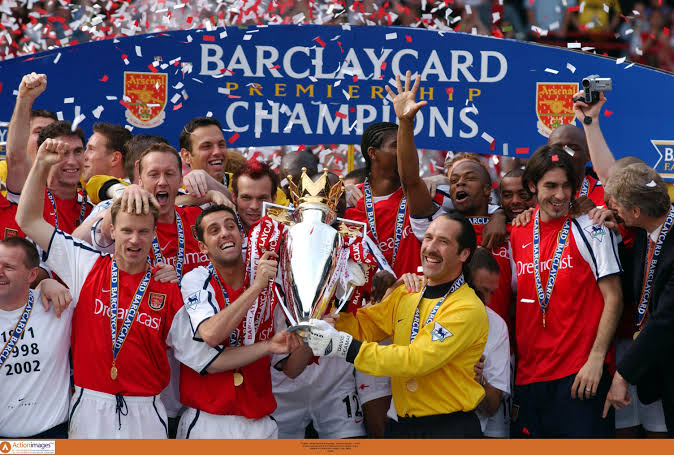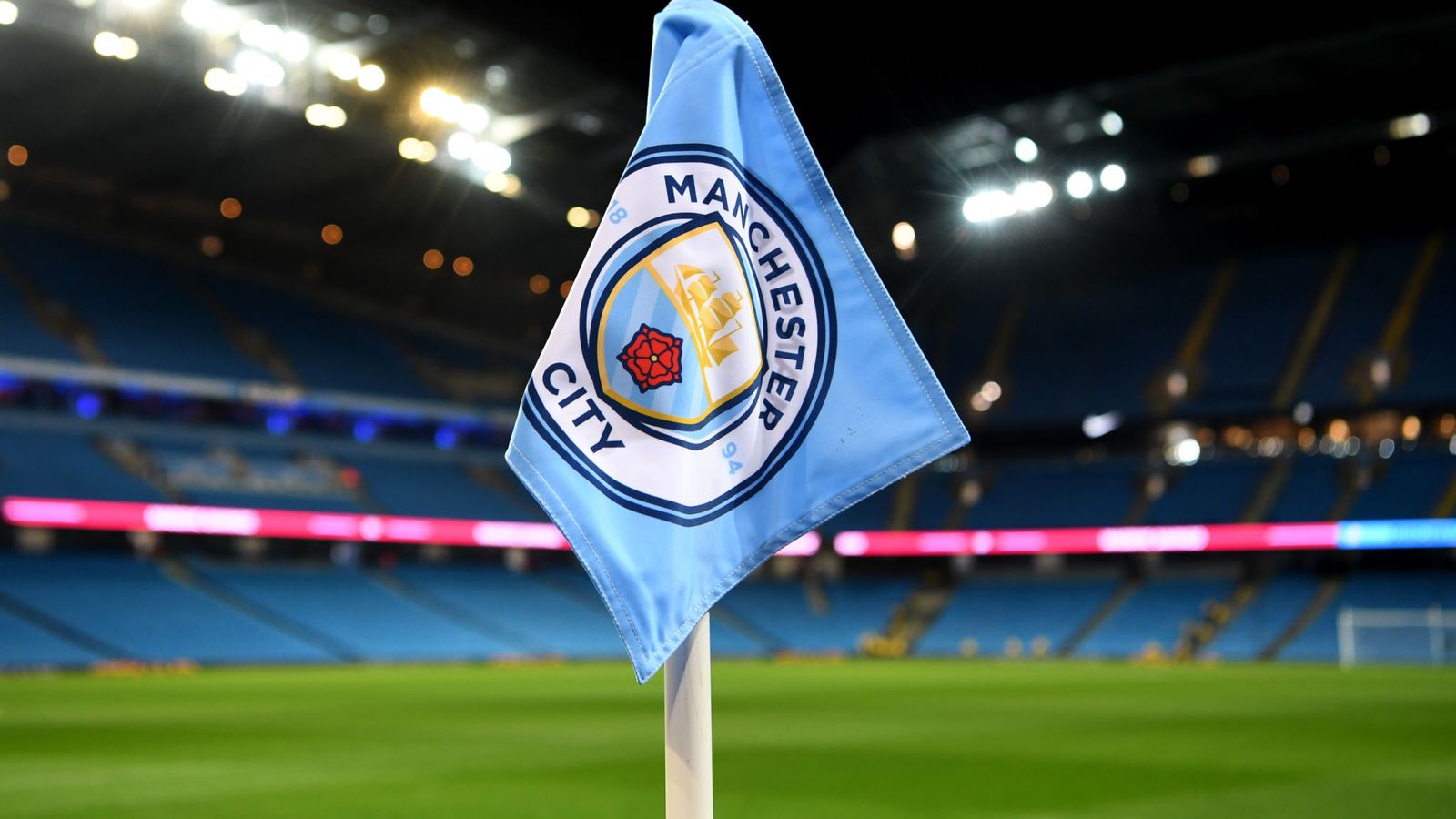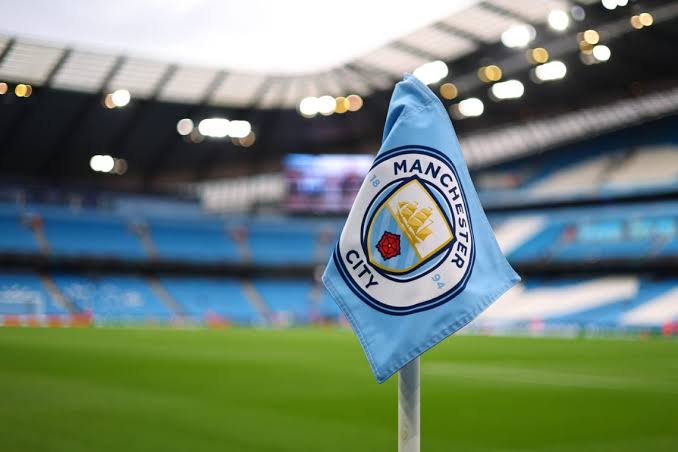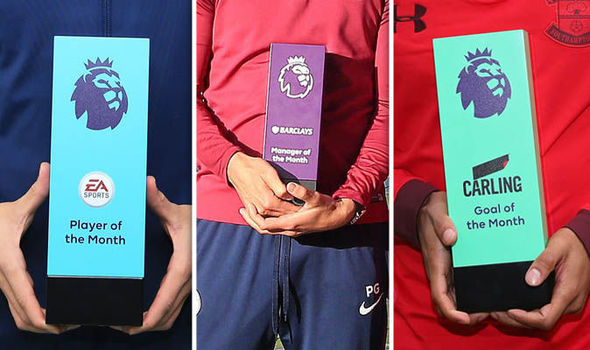FA investigates claim that Liverpool keeper Rafaela Borggräfe made racist comment
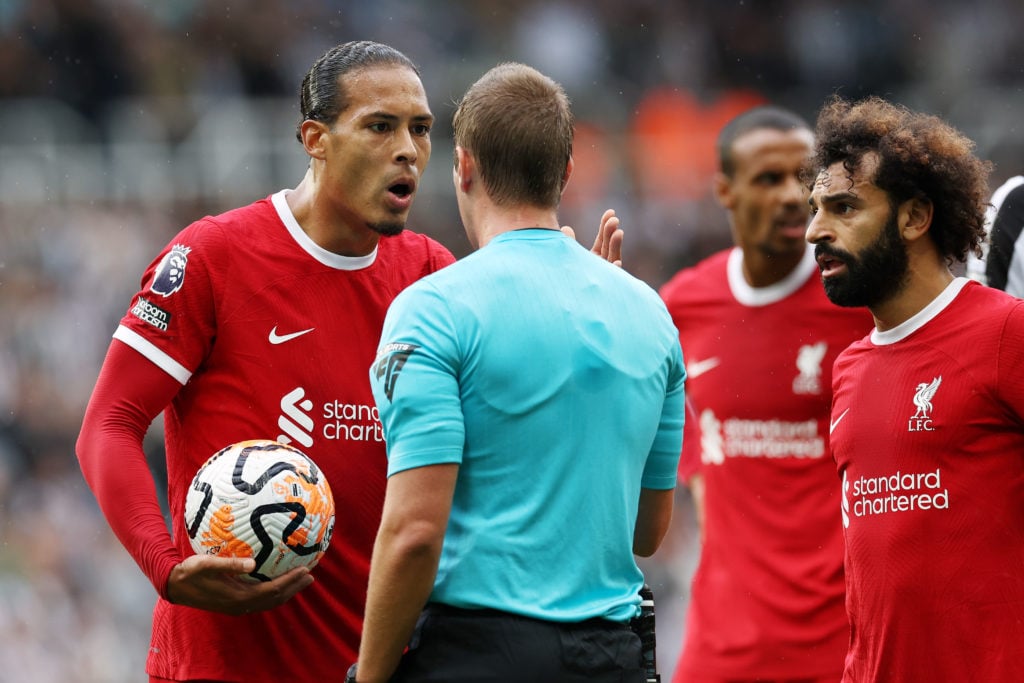
The story of Rafaela Borggräfe at Liverpool Women has turned into one of the most shocking and controversial headlines of this young football season. The goalkeeper, who only just arrived in England during the summer after leaving German side SC Freiburg, has suddenly found herself at the center of a storm she could never have imagined. At just 25 years old, starting her journey in the Women’s Super League with high hopes, her name is now connected with allegations of racism. The FA has officially stepped in to investigate, Liverpool have been forced to respond, and supporters across the country are left stunned, wondering what truly happened behind the scenes.
It all started with something that, on the surface, seemed so normal, so ordinary: a squad photograph session. These moments are supposed to be filled with laughter, energy, and togetherness. A new team season picture is about unity, about presenting to the world that the squad is ready to fight side by side. But instead of smiles and joy, whispers started to spread from that day. Some staff and teammates allegedly overheard Rafaela making a comment involving skin color. The details of the words have not been publicly released, but what matters is that those who heard it felt it crossed the line. And once the word “racism” enters the discussion, nothing is ever the same again.
Liverpool did not waste time. According to reports, the club quickly began an internal investigation into what had been said. The staff knew that such matters could never be brushed aside or hidden. In today’s world, football has declared war on discrimination. Whether racism, sexism, or any other form of abuse, the game insists there is no place for it. And Liverpool, a club that prides itself on its values of inclusion and respect, could not allow the situation to pass without action.
For Rafaela, the storm came almost immediately. She had only just signed for Liverpool in the summer, arriving on a free transfer after more than a decade with Freiburg in Germany. She had built her career steadily, working through the academy system, fighting for her chances, earning respect in her homeland. To start fresh in England was supposed to be her big chance to shine on a bigger stage. But before she could even make her Liverpool debut, her name was already in headlines for the wrong reasons.
The timing of the controversy could not have been worse. Just days after the alleged incident, Liverpool Women were preparing for their first competitive match of the season: a Merseyside derby against Everton at Anfield. It was supposed to be a big day, a showcase, a chance for the new players to impress. But Rafaela was nowhere to be seen. When reporters asked why the German goalkeeper was not included, head coach Gareth Taylor could only say it was due to an “internal club issue.” At that moment, few outside the squad knew the truth, but insiders had already connected the dots.
Weeks later, as the story became public, the FA confirmed they were investigating the matter officially. Liverpool also released a statement that left no doubt about their position. The club said they were aware of the alleged use of discriminatory language by one of their players and that they had followed all protocols before reporting the case to the FA. Most importantly, the club added strong words: “We condemn all forms of discrimination; it has no place in football or society.”
Those words matter. They are not just empty statements. Liverpool as an institution has always taken pride in fighting for fairness, against racism, against hate. From banners in the stands to social media campaigns, the club’s voice has always been loud and clear. Now, to have one of their own players accused of crossing that very line has put them in a very uncomfortable position. They must show strength while also being fair to the player under investigation.
Rafaela, for her part, is understood to have denied the allegations. She and her representatives have not spoken publicly to the press, but reports suggest that during internal discussions she strongly rejected the claim that she said anything racist. For her, this is not only about reputation but also about her future. A goalkeeper trying to build her career in England cannot afford such a heavy shadow hanging over her name. Even if she is cleared, the whispers may never completely fade away.
The FA’s process will not be rushed. These investigations take time, as every voice must be heard, every detail checked. In the meantime, Rafaela has been in a strange position: suspended at first, then slowly brought back into the team environment, but still not fully trusted. For the match against Leicester City, she was back in the squad, sitting on the bench at the King Power Stadium, but she did not play. To many fans, this looked like Liverpool’s way of balancing things—allowing her to train and stay connected, but not yet giving her the honor of representing the club on the field.
When asked again by journalists about her availability for the upcoming match against Aston Villa, coach Gareth Taylor gave a short but telling answer: “At this moment, yes, she is.” That answer says a lot. It shows that she is not banned, not officially sidelined, but at the same time, it leaves a cloud of uncertainty. Taylor also revealed that Rafaela had missed a training session during the week, but he insisted it was for family reasons and not connected to the investigation.
As the weeks go on, the whole situation has become a heavy distraction for Liverpool Women. The team itself is struggling badly, one of only three sides in the WSL yet to pick up a single point. Alongside West Ham and newly promoted London City Lionesses, they sit at the bottom of the table. In such difficult circumstances, every bit of unity is needed. But instead, the squad is split by whispers, tension, and the constant questions from reporters. Instead of focusing on football, they are being forced to deal with a scandal that refuses to fade.
Coach Gareth Taylor has spoken carefully but firmly about the situation. He said that Liverpool are cooperating with the FA, respecting the process, and making sure everything is handled correctly. He stressed that the club acted appropriately from the very beginning, and that they are supporting all players involved. His words were clear: “As a club, and surely as a nation, it’s something that we don’t stand for. But we have to be respectful of the process.” That sentence shows the balance they are trying to maintain—strong in their stance against racism, but careful not to condemn a player before the investigation is complete.
For fans, the feelings are mixed. Some believe that Rafaela should not be anywhere near the squad until the FA finishes its work. Others feel she deserves the chance to defend herself and that she should not be punished for something that has not been proven. Social media is filled with debates, arguments, and emotional opinions. And through it all, Rafaela remains silent, training, watching games from the bench, waiting for her chance, but also surely carrying a heavy burden.
This situation is about more than one player, more than one club. It is about the state of women’s football, about the standards the game must uphold. The WSL has grown rapidly in recent years, attracting fans, sponsors, and television coverage. With that growth comes responsibility. Every incident of racism, whether proven or alleged, becomes a test of the league’s values. How it is handled will shape public trust. If the process is seen as weak or unfair, the credibility of the league suffers. If it is handled firmly and fairly, the WSL will show itself to be serious about its principles.
For Rafaela Borggräfe, the coming weeks and months will decide everything. If the FA clears her, she can finally try to rebuild her career, win her place in the team, and maybe even win over the fans. But the shadow will not disappear easily. For some supporters, the mere fact that her name was connected with such allegations will forever leave doubt. On the other hand, if the FA finds her guilty, her career in England may end before it even begins. At 25, she would face not only suspension but also the possibility of never being trusted again at this level.
It is a heartbreaking story, whichever way it ends. A young goalkeeper, leaving her home country to chase her dreams in one of the biggest leagues in the world, is suddenly facing the biggest crisis of her life. For Liverpool, it is another challenge in a season that has already begun with disappointment. For women’s football, it is another reminder that the fight against discrimination is not over, that every day, in every dressing room, in every stadium, the battle must continue.
And so, the football world waits. The FA continues its work, Liverpool continue to balance team spirit with respect for the process, and Rafaela continues to train, to watch, to hope. The story is far from finished, but one thing is certain: it has already left a mark on this season that will not be forgotten quickly.
